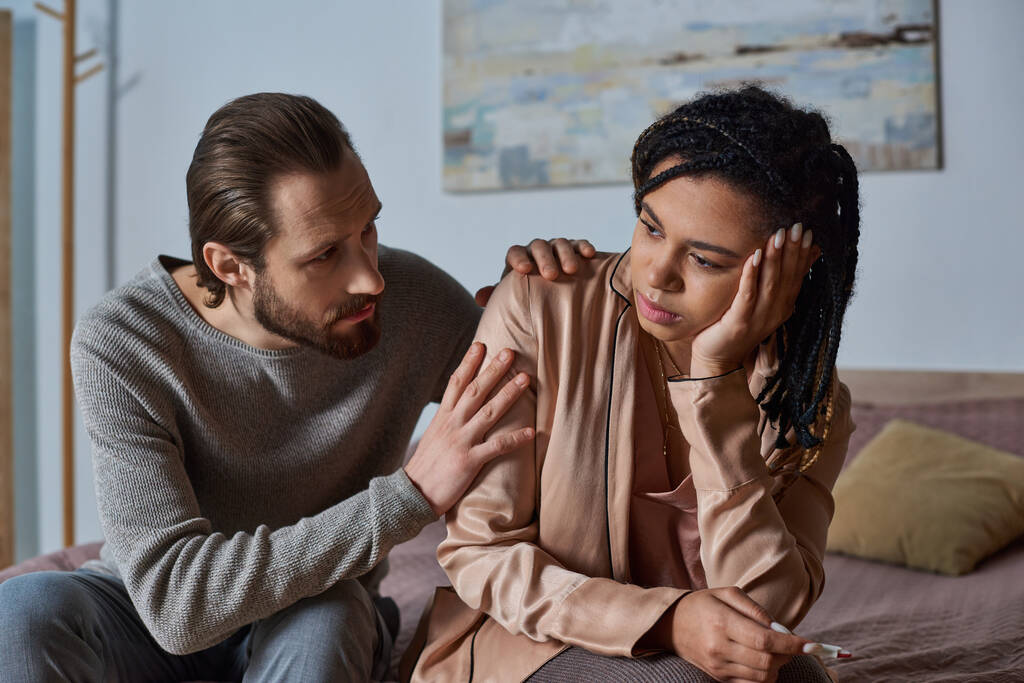Understanding Depression and How to Treat It: A New Way Forward

Depression is a condition that affects millions of people worldwide. It makes people feel sad, tired, and sometimes even hopeless. But, the good news is, there are new ways to treat depression that are helping many people feel better. we will look at depression, how it affects people, and explore a new and simple approach to treating it.
What is Depression?
Depression is more than just feeling sad for a day or two. It’s a mood disorder that can affect how someone feels, thinks, and acts for a long period of time.
Symptoms of Depression:
- Constant sadness: Feeling down for a long time.
- Loss of interest: Not enjoying activities you used to love.
- Fatigue: Feeling tired all the time, even after resting.
- Changes in appetite: Eating too much or too little.
- Trouble sleeping: Either sleeping too much or not being able to sleep at all.
If someone feels these symptoms for two weeks or more, it might be depression. But the good news is, depression is treatable, and there are many different ways to feel better.
Traditional Treatments for Depression

1. Therapy
Therapy is when someone talks to a trained counselor or psychologist to work through their feelings. It helps people understand why they are feeling sad and what they can do about it.
Common Types of Therapy:
- Cognitive Behavioral Therapy (CBT): A type of therapy that helps people change the way they think about their problems.
- Interpersonal Therapy (IPT): This focuses on improving relationships and communication with others.
- Psychodynamic Therapy: A type of therapy that helps people understand how their past might affect their present feelings.
2. Medication
Doctors sometimes prescribe medications called antidepressants to help balance chemicals in the brain that might be contributing to depression. These medications can help people feel better over time, but they don’t work for everyone, and sometimes they have side effects.
3. Lifestyle Changes
Sometimes, small changes in daily habits can help reduce the symptoms of depression. These include:
- Getting regular exercise
- Eating a healthy, balanced diet
- Getting enough sleep
- Practicing relaxation techniques like deep breathing or yoga
A New Way to Treat Depression: Innovative Approaches

While traditional treatments have helped many people, scientists are always looking for better ways to treat depression. Recently, there have been exciting new treatments that show promise. One such treatment is neurostimulation therapy.
What is Neurostimulation Therapy?
Neurostimulation therapy is a treatment that uses small electrical impulses to help the brain function better. The idea is that by stimulating certain parts of the brain, we can help relieve depression.
There are a few different types of neurostimulation treatments:
- Transcranial Magnetic Stimulation (TMS): TMS uses magnetic fields to stimulate nerve cells in the brain. It is often used when other treatments, like therapy and medication, haven’t worked.
- Electroconvulsive Therapy (ECT): ECT uses electric currents to help reset the brain’s activity. It’s usually used for severe cases of depression that haven’t responded to other treatments.
- Deep Brain Stimulation (DBS): DBS involves implanting a small device in the brain that sends electrical signals to certain areas. It’s a treatment option for people with severe depression who haven’t responded to other methods.
Benefits of Neurostimulation:
- It can help those who don’t respond to medications or therapy.
- It is non-invasive and doesn’t require surgery.
- It can provide quick relief for some people.
Expert Tips for Managing Depression Every Day
While medical treatments are important, there are also things people can do every day to help manage depression. Here are some expert tips for feeling better:
1. Talk to Someone You Trust
Sometimes, talking about your feelings can make a huge difference. Whether it’s a friend, family member, or therapist, sharing your emotions with someone can be healing. You don’t have to go through depression alone.
2. Stay Active
Exercise might feel like the last thing you want to do when you’re feeling depressed, but it can actually help a lot. Even a short walk outside can lift your mood. Experts say that exercise releases endorphins, chemicals in the brain that make you feel happy.
3. Eat Well
Food is more than just fuel for your body—it affects how you feel, too. Eating a balanced diet with fruits, vegetables, whole grains, and proteins can help your brain stay healthy. Avoiding too much sugar and caffeine can also help prevent mood swings.
4. Set Small Goals
When you’re feeling down, even small tasks can seem overwhelming. Instead of thinking about everything at once, break things down into small, manageable steps. For example, instead of thinking about cleaning the entire house, just focus on one room at a time.
5. Take Time for Yourself
Self-care is important. Take time to do things you enjoy, whether it’s reading, drawing, or just taking a nap. Doing something you love can help you recharge and feel more positive.
When to Seek Professional Help
Sometimes, depression can become so overwhelming that it’s hard to manage on your own. If you or someone you know is feeling very sad, hopeless, or has thoughts of harming themselves, it’s important to seek help right away. There are professionals who can provide support and offer treatment options.
The Future of Depression Treatment
As research continues, there’s hope that new treatments will make it easier to manage depression. Scientists are studying everything from better medications to brain stimulation techniques. The goal is to find more effective treatments that work for everyone, no matter how severe their depression is.
Conclusion
Depression can be a challenging condition, but there is hope. Whether through therapy, medication, lifestyle changes, or new treatments like neurostimulation, people can find ways to feel better. If you or someone you know is struggling with depression, it’s important to talk to a doctor or mental health professional to find the right treatment.
Remember, you’re not alone. There are many ways to manage depression, and with the right support, people can lead happy, fulfilling lives again.
